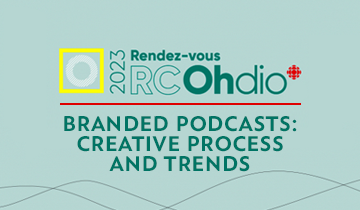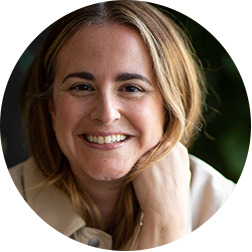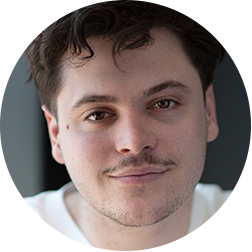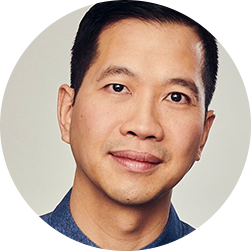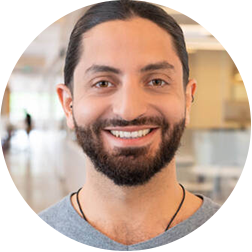
Platforms
Services
Advertising offers by platform
ShowsCurrent programming directory
Schedule gridsBroadcast schedules by platform
Creative servicesAvailable types of advertising
Technical SpecsAdvertising standards and formats
Commercial Production
Insights
Olympic and Paralympic Games
In-house production services
MAX CBC/Radio-CanadaDigital ad buying platform
Distribution - Archive SalesAccess to CBC/Radio-Canada's archives
Paris 2024
About
A Success Across CBC/Radio-Canada's Platforms
Olympic GamesMilano Cortina 2026
Paralympic GamesMilano Cortina 2026



